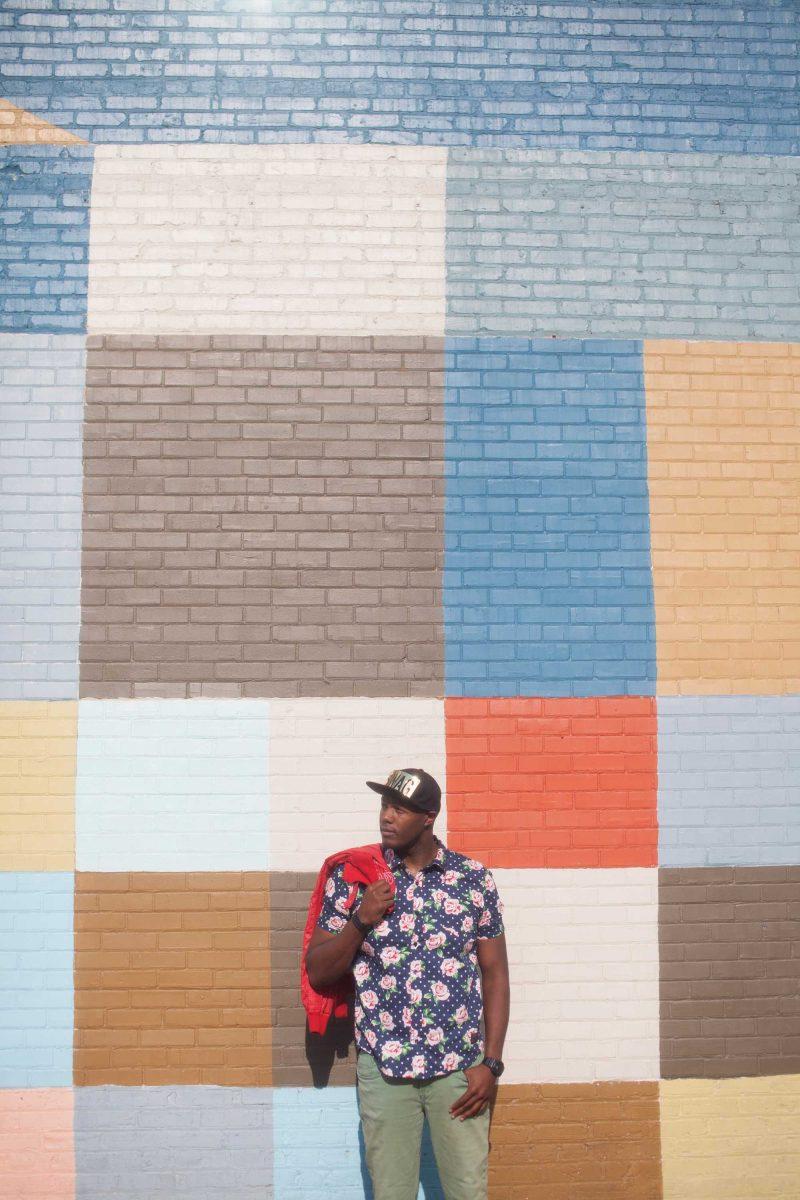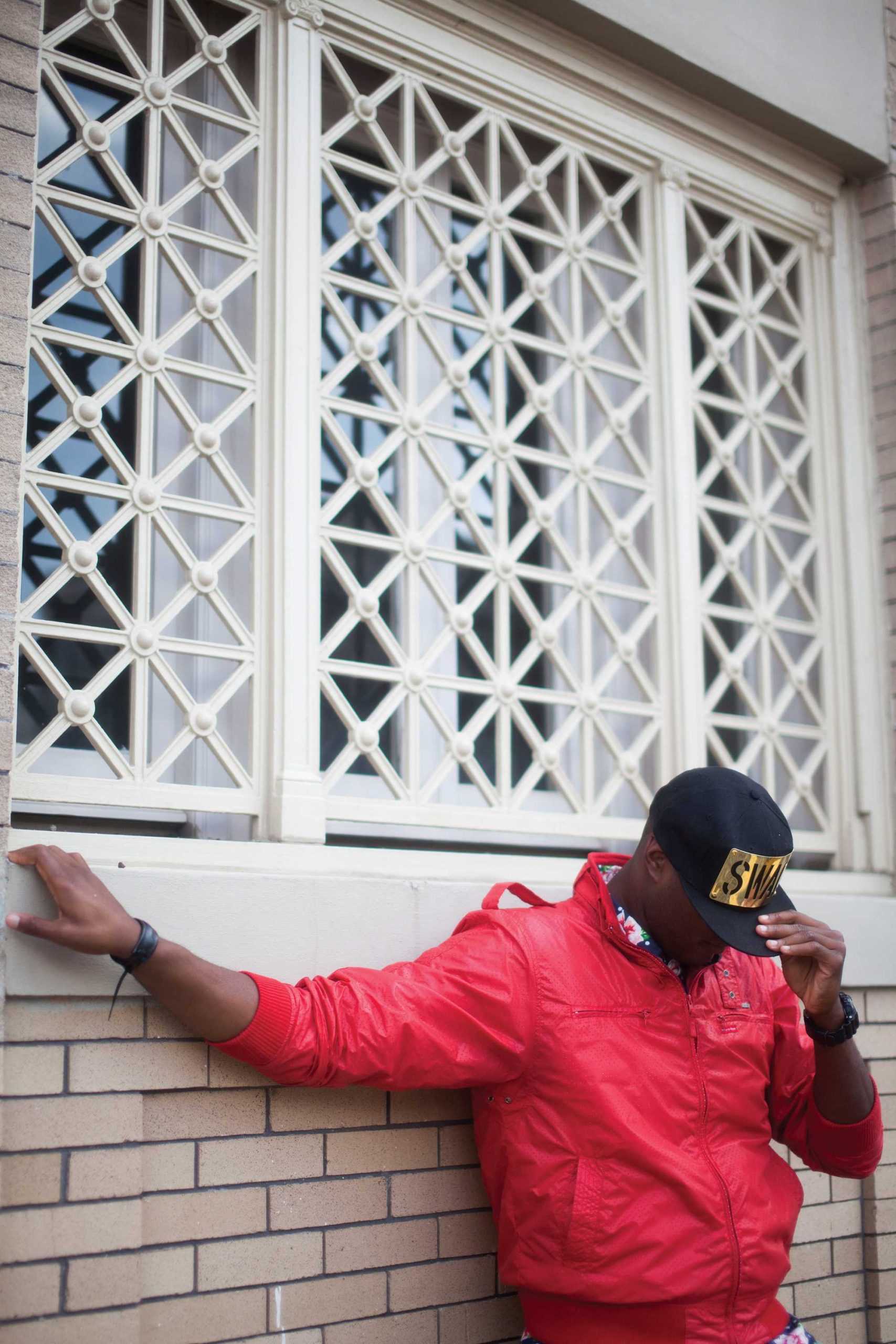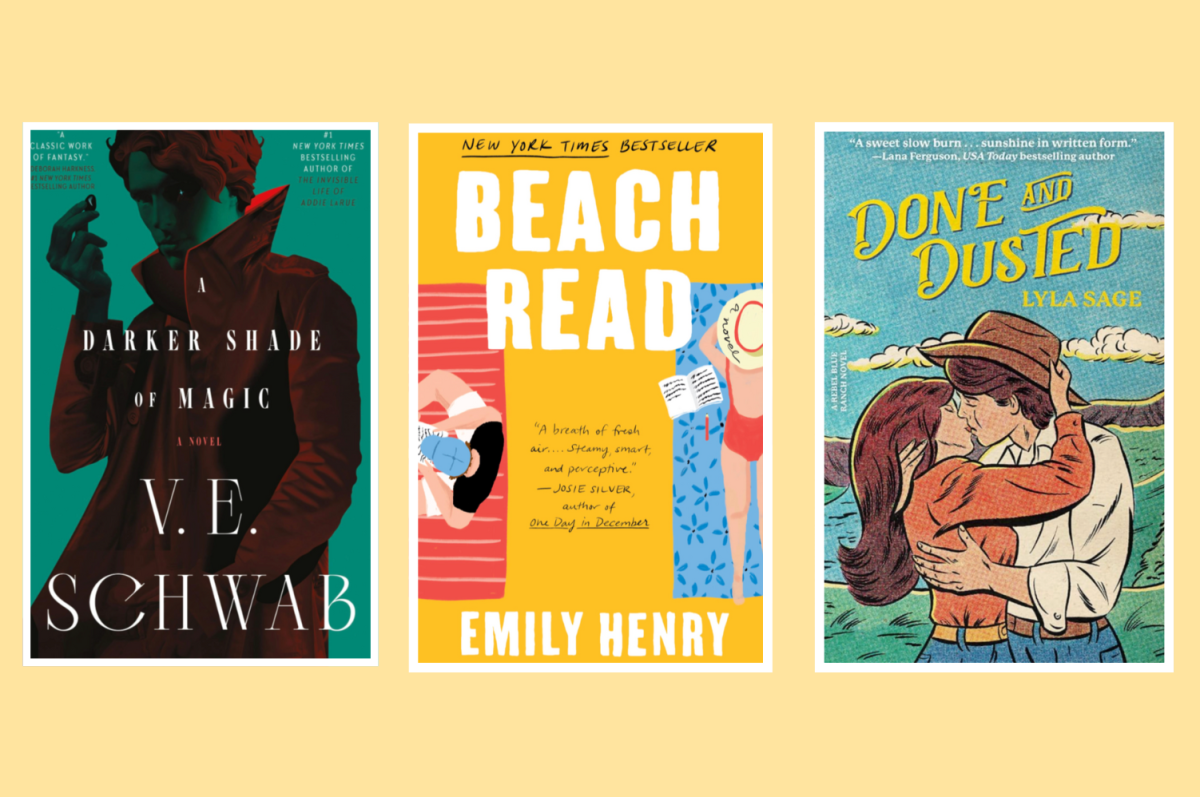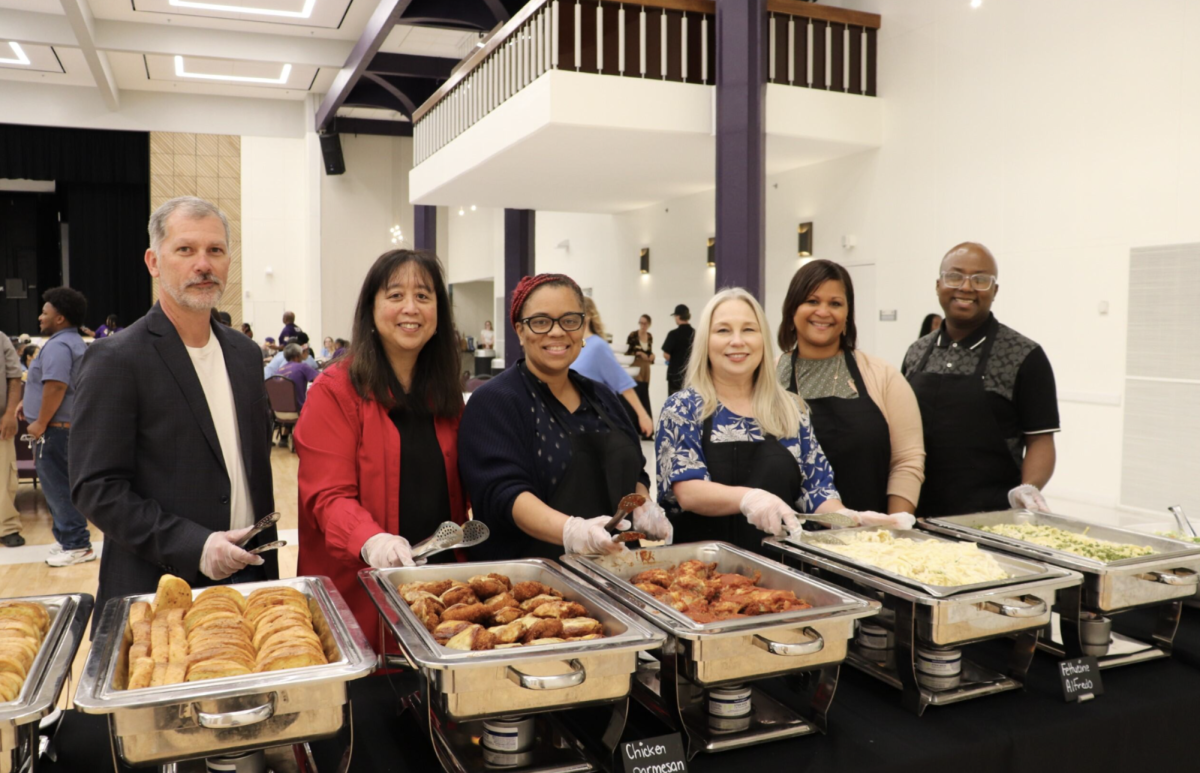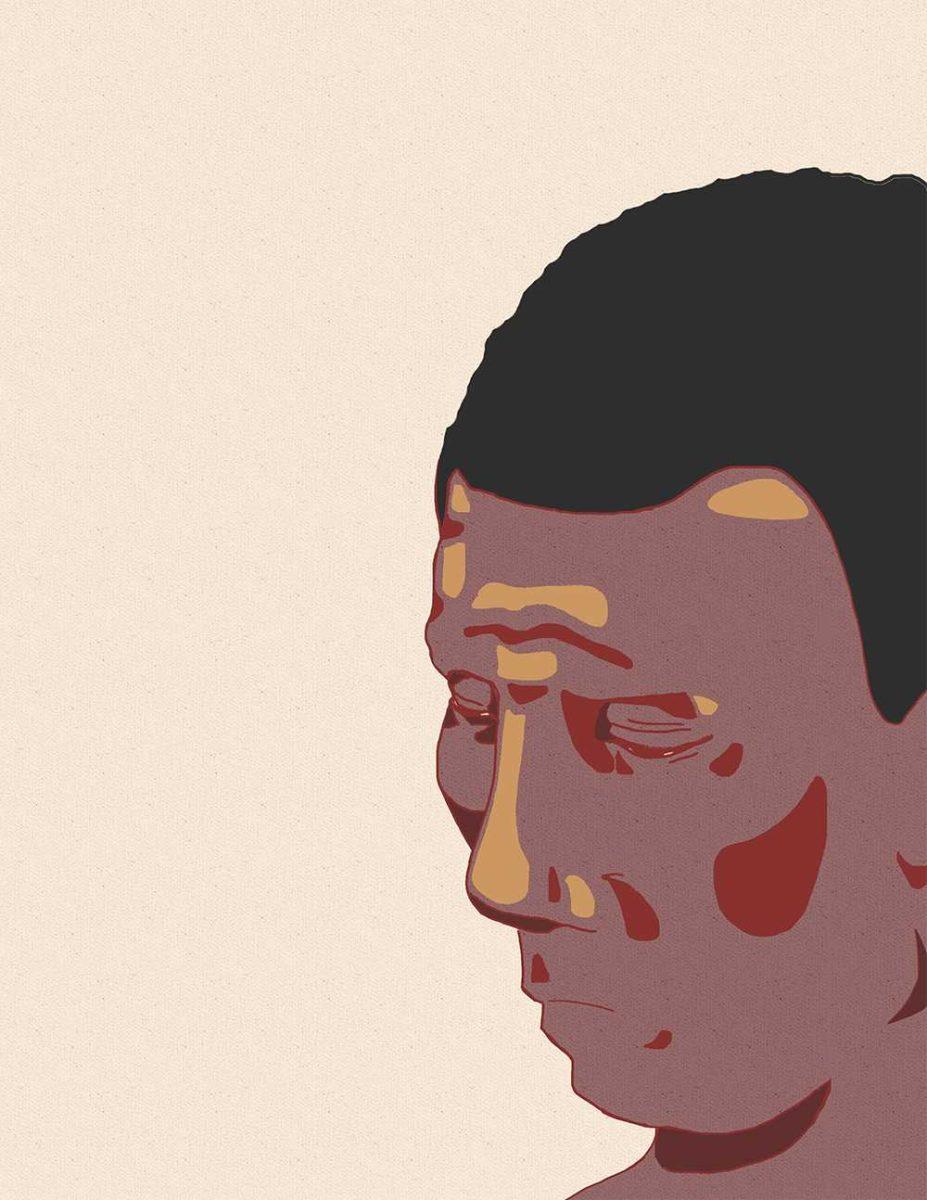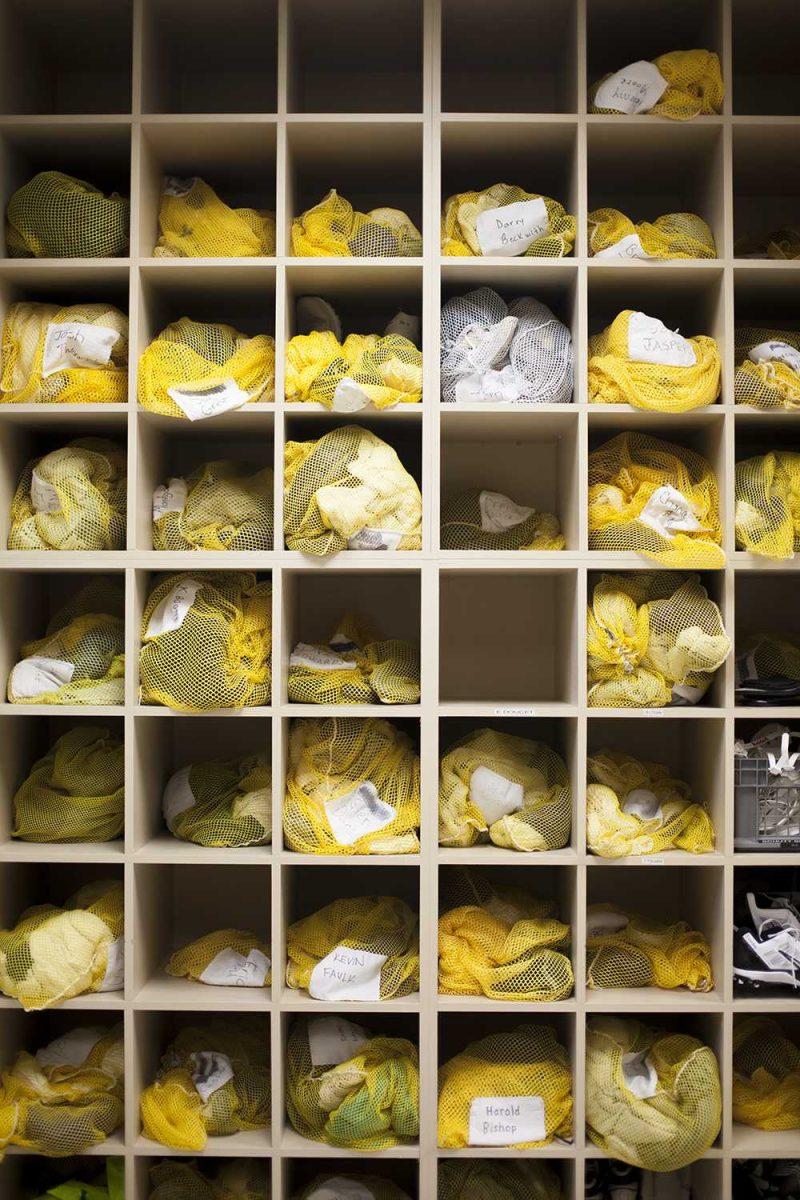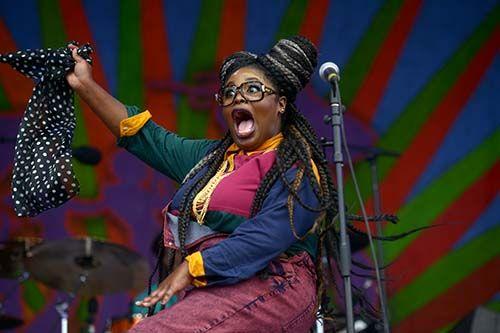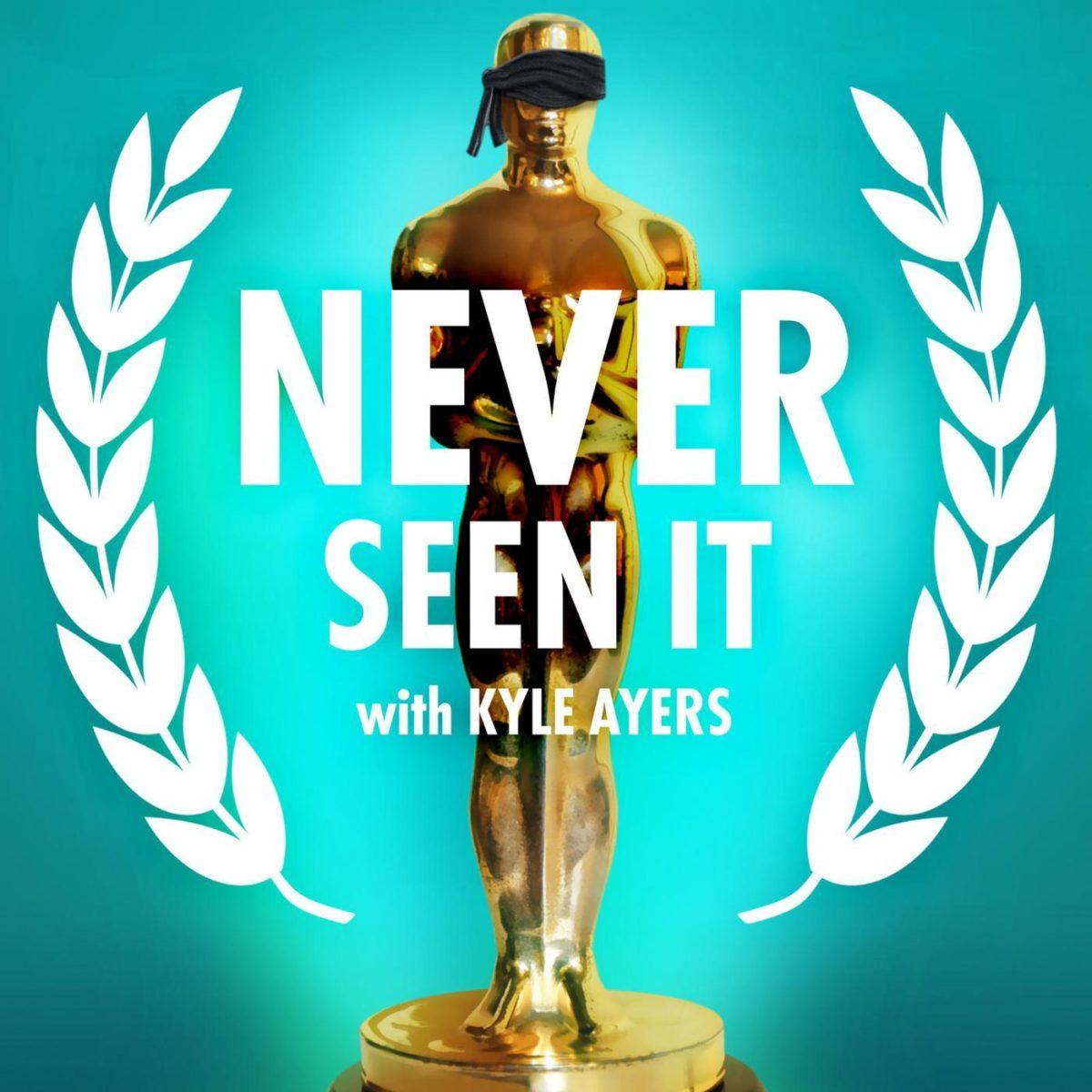Q When you first moved to Regina, how different was it from New Orleans?
A Well, moving to Canada was kind of like moving from one extreme to another. The people and the culture are very different, but it was kind of like you got the extreme heat and independent thinking. In Canada it’s extremely cold, and everything is more entwined.
Q How was the music scene in Regina?
A The music scene in Regina was very small when I got there. There was a lot of extremely passionate artists that were still doing their thing and fighting for it, to express themselves and make it in the industry, but there wasn’t a lot of opportunity there. That’s why I wanted to start my own label and radio station. I got there and saw so much talent and not a lot of opportunities for them, so I wanted to create a portal to funnel talent from there to here and vice versa.
Q So tell me more about the record label and the radio.
A Well, the label is Tritanium Records. It was an idea I came up with in 2010, but I kind of wanted to do music on my own and also be on the business side to help other starting musicians. I then kind of baby-stepped into my own radio station.
Q How do you describe your sound?
A I always like to land on no genre. I really like to experiment until I surprise myself. I want people to hear my music and not want to compare it. My goal is just to always have something brand new.
Q Are there any specific artists you identify with the most?
A When I was growing up, according to my mom, I was always dancing on the floor to Michael Jackson. A lot of people were influenced by him, but what I took from Michael was that you could be the greatest at what you’re doing with positive music. I mean I wasn’t a fanatic but I wanted to be a positive influence since I grew up in a church upbringing. So, I wasn’t really allowed to listen to hip-hop and rap. I was listening to acoustic, indie and playing the guitar. And it’s kind of weird I bridged over to hip hop, but I just looked into everything and found my sound there.
Q What are your inspirations from current hip-hop artists?
A Once I was more into hip-hop, I was looking at Run-D.M.C. and Common.
Q What do you think about the hip-hop industry today?
A I think hip-hop is missing a lot. I mean…hip-hop was more constructed from soul and R&B, but now people just want to make money, and the heart and passion doesn’t come across the mic anymore. I think music has kind of shifted, and if you want to talk about rims and drugs and strippers, then to each and his own, but I feel like this generation still wants to hear a story.
Q Do you think there’s still a lot of growth for underground musicians in this era?
A I think there is, when they make the decision to stop chasing the deal. We’ve kind of been programmed to believe that you just go from the bottom to famous sometimes since that’s all that’s promoted. The struggle to become a musician isn’t promoted as much as gold chains and Bugattis, so you really have to just put in your own work. That’s why I kind of started my own thing, because I want to study the industry and be on both sides of it. A perfect example would be like Macklemore. He went for his own thing and made it.
Q Is ‘Culture Shock’ a reminiscence of your move to Regina and the mesh of your New Orleans style with Regina? [Culture Shock is the 10th song on Ace Massive’s debut album ‘’The Silent Take Over.” Culture Shock is among his most popular songs.
A I knew America, but I didn’t know Canada, right? When I got there I studied it and looked at it and then I decided I was gonna be the person to bring it. I wanted to bring some of the American life to Canada, and that’s kind of what ‘Culture Shock’ is about.
Q ’Culture Shock’ also reflects on a lot of your own style. How would you describe your personal fashion style?
A I mean I’ve always had a passion for fashion I guess. I used to do some modeling for brands like Diesel and stuff, but I was in Dallas. I remember I was in this art school and there was like a hub of talent there, so I got really connected with the fashion there and the fashion students. I always kind of felt like I had to have the fashion to go with it. I came up with a style called ‘retro-future-metro’ and just blend in pieces which is also kind of what I was doing with my music.
Q What are your future plans? Is there gonna be another Massive Motivation tour?
A My plan is to go to Europe and kind of move onto the next continent, but I had to put that plan on hold since I’m working with a guy from LSU on a film project called “Carpe Lucem.” But I definitely want to keep expanding, especially with the label. I just want to motivate rising musicians and help them tell their stories.



